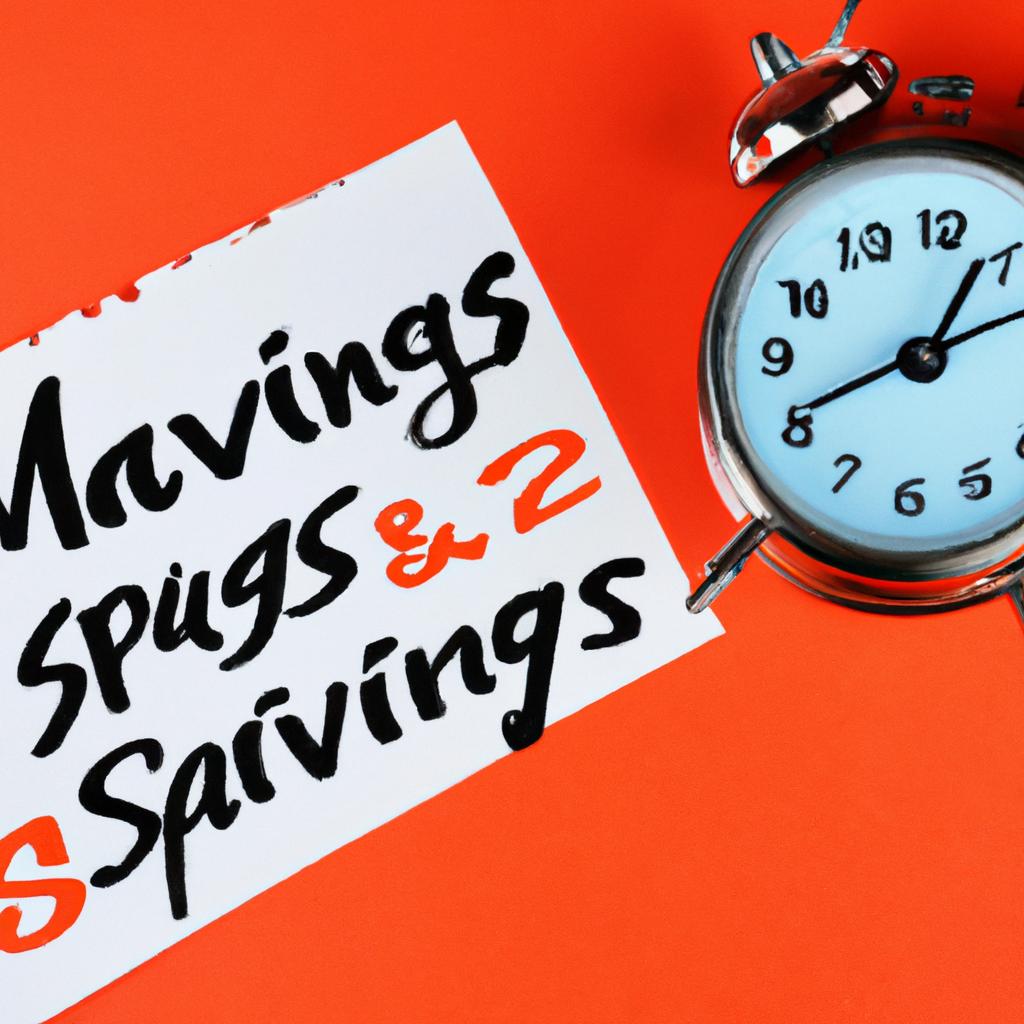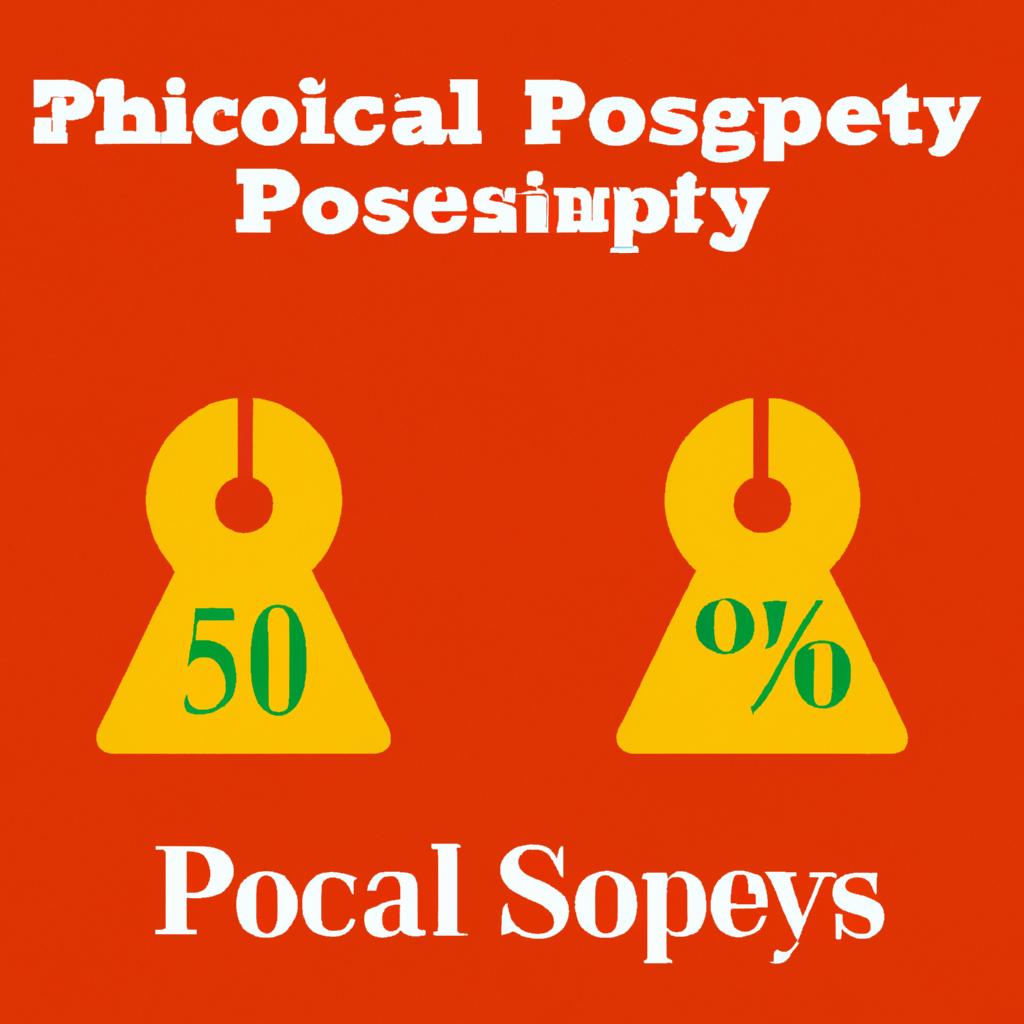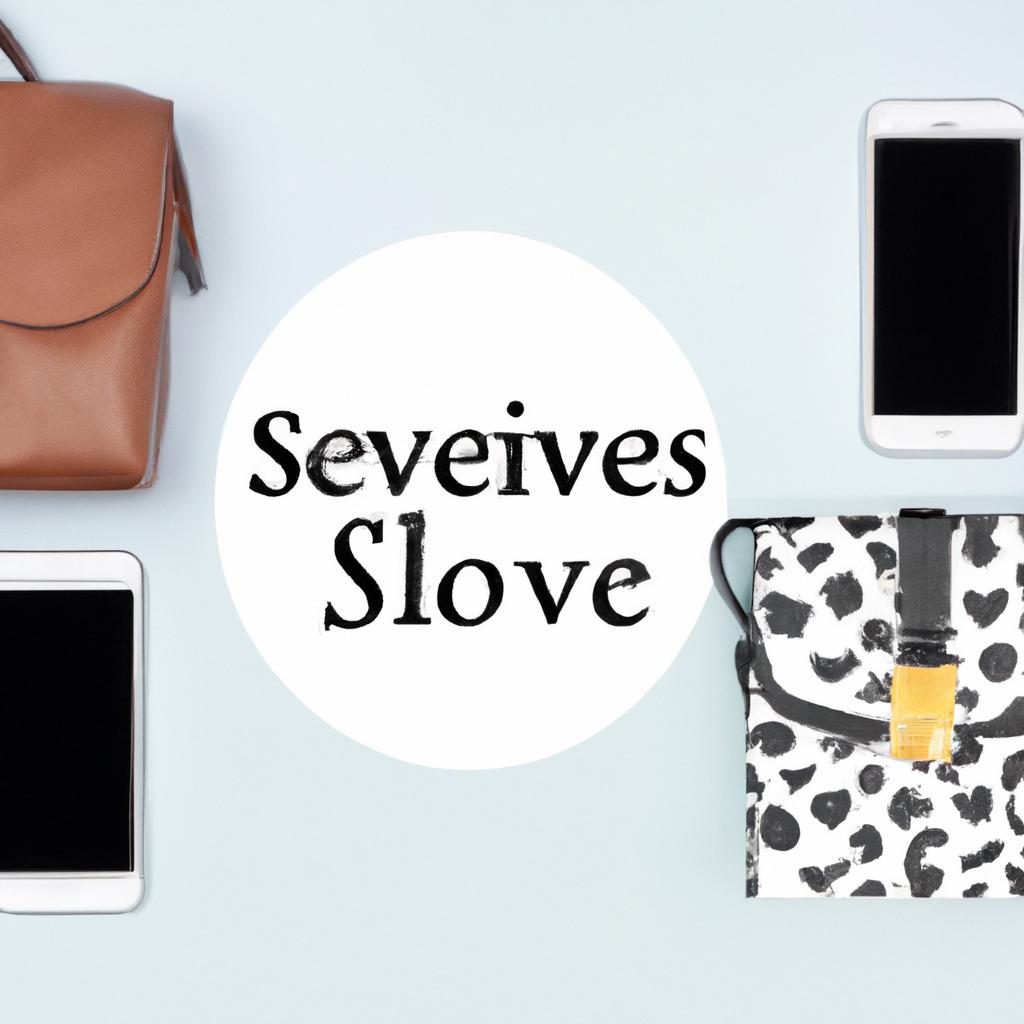In a world where every penny counts, the thrill of a great deal can be as exhilarating as a treasure hunt. Welcome to the realm of savvy shopping, where the art of unlocking savings transforms a mundane task into an adventure. With sales and discounts peppered throughout the retail landscape, understanding how to navigate these opportunities is essential for anyone looking to stretch their budget without sacrificing quality or enjoyment. This article will guide you through the strategies and mindset necessary to master the art of shopping sales, helping you cultivate a keen eye for value that leaves your wallet fuller and your shopping experience far more rewarding. Whether you’re a seasoned bargain hunter or just starting to explore the potential of savings, the keys to unlocking unprecedented deals are at your fingertips. Let’s embark on this journey of mindful consumption, where smart choices pave the way to financial freedom and satisfaction.
Strategic Timing: When to Shop for Maximum Savings
Finding the right moment to make your purchase is crucial in maximizing your savings. Each season and holiday brings a wave of sales, and knowing when to take the plunge can lead to substantial discounts. Consider the following **timing strategies** that can help you unlock incredible deals:
- Post-Holiday Sales: Right after major holidays, retailers often slash prices on seasonal items to make room for new stock.
- End of Season Clearance: Late winter and summer are key times for buying clothing or outdoor goods at deep discounts.
- Midweek Shopping: Tuesdays and Wednesdays typically see less customer traffic, prompting stores to offer exclusive deals to draw in shoppers.
- Amazon Prime Day: This annual event delivers above-average discounts on a wide range of products for members, making it an optimal time for online shopping.
To truly maximize your savings, it’s also essential to track specific product cycles. Certain items have predictable sales periods throughout the year, which can provide insight into the best times to buy. For an organized view of key sales opportunities, refer to the table below:
| Month | Best Items to Buy |
|---|---|
| January | Winter clothing and gym equipment |
| February | Valentine’s Day gifts and clearance Christmas items |
| July | Summer clothing and outdoor furniture |
| November | Black Friday electronics and holiday decorations |

The Psychology of Pricing: Understanding Discounts and Sale Tactics
Understanding the psychological triggers behind pricing can significantly influence your shopping experience. Discounts often play on the principle of scarcity and urgency, compelling consumers to act quickly. When a sale is presented as a limited-time offer, shoppers are more likely to perceive the item as being of higher value, simply because they fear missing out. Additionally, presenting a significant markdown can create a perception of savings that feels rewarding, even if the actual “discount” isn’t as substantial as it appears. Consider how the situation shifts when an item originally priced at $100 is marked down to $70 versus a much-loved trench coat priced at $150 reduced to $100. The emotions tied to these discounts leverage both **loss aversion** and **social proof**, prompting quicker purchasing decisions.
Moreover, knowledge of price endings can shift buying behaviors dramatically. For instance, consumers often associate prices ending in .99 or .95 with bargains, while those ending in .00 suggest high-quality, luxury items. Thus, it’s crucial to be mindful of sales tactics designed to trigger emotional responses. Here are some common strategies retailers use:
- A-B Pricing: Offering two versions of the same product at different prices to enhance the perceived value of the higher-priced item.
- Bundling Discounts: Encouraging buyers to purchase more by providing combined pricing, leading them to believe they are getting more for less.
- Decoy Pricing: Introducing an additional option that guides consumers toward the more profitable choice, enhancing perceived savings.
To illustrate these principles further, here’s a simple breakdown of the emotional appeal of different pricing strategies:
| Pricing Strategy | Emotional Trigger | Consumer Reaction |
|---|---|---|
| Markdowns | Fear of Missing Out | Impulse buying |
| Price Endings (.99) | Perceived Bargain | Increased purchases |
| Bundling | Sense of Value | Buying more items |

Essential Tools and Techniques for Savvy Shoppers
To navigate the world of discounts and sales effectively, savvy shoppers need the right tools at their fingertips. **Price comparison apps** like Honey or Flipp enable users to quickly find the best deals across various retailers, making it easier to decide where to make a purchase. Additionally, **coupon aggregators** such as RetailMeNot and Coupons.com collate discounts and special offers, allowing users to save money effortlessly. Integrating these tools into your shopping routine can dramatically affect spending habits. Don’t forget to subscribe to **store newsletters**; they often provide exclusive discounts to loyal customers.
Beyond digital tools, it’s essential to incorporate practical techniques into your shopping strategy. **Setting a budget** and sticking to it can prevent impulse buys, while creating a **shopping list** ensures that you only purchase necessary items, eliminating unnecessary spending. Another effective approach is to learn about **seasonal sales**; for example, clothing marked down significantly at the end of seasons can be an excellent time to refresh your wardrobe without breaking the bank. Consider taking advantage of strategy-driven shopping during major holidays where retailers often host **flash sales**. By combining these methods, you’re sure to maximize savings on your next shopping excursion.
The Way Forward
As we step away from the world of sales tags and discount codes, it becomes clear that mastering the art of shopping isn’t just about saving a few dollars; it’s about transforming the way we think about value. By unlocking the secrets of strategic shopping, we can turn routine purchases into rewarding experiences. Embracing awareness, timing, and a little bit of creativity can lead us to not only better deals but also more thoughtful consumption.
With each savvy decision, we carve out space for smarter financial habits and a more intentional approach to our desires. So, the next time you find yourself amidst colorful price tags and tantalizing promotions, remember the strategies you’ve uncovered. Engage your inner negotiator, sift through the sales, and relish in the satisfaction of not just what you buy, but how you buy it. It’s time to take charge of our wallets and weave the fabric of savings into the daily routine of our shopping lives. Happy hunting!
